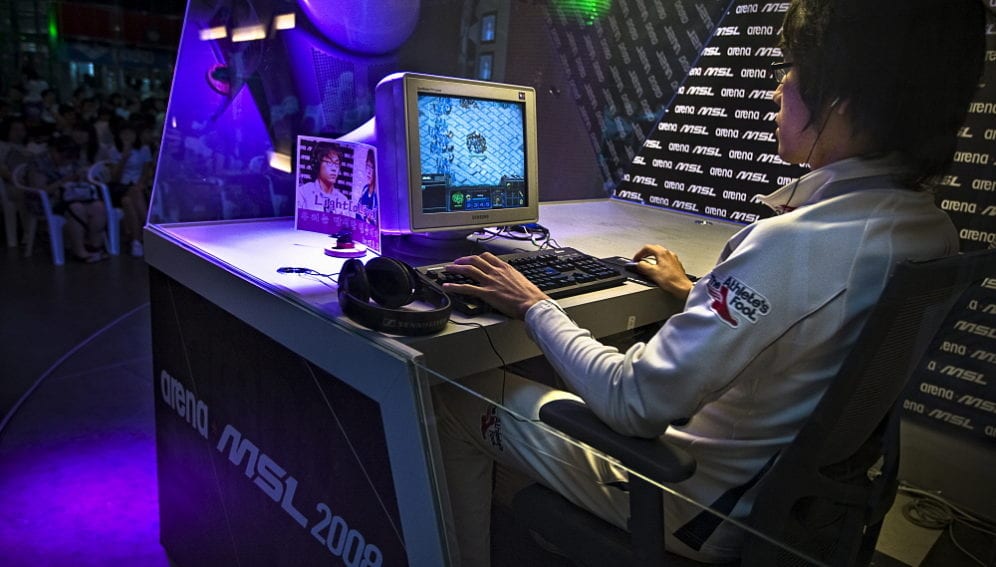By: Anita Makri
Send to a friend
The details you provide on this page will not be used to send unsolicited email, and will not be sold to a 3rd party. See privacy policy.
If you are unable to listen to this audio, please update your browser or go here to download.
Public health managers around the world rely on insecticides to control diseases spread by mosquitoes – from familiar names such as malaria and dengue to newer threats such as Zika and chikungunya.
But as mosquitoes continue to survive use of insecticides, options are running out. And new products are not yet ready to be deployed. This means that proper management of resistance to existing tools is vital.
In this audio interview, Edward Thomsen, from the Liverpool School of Tropical Medicine in the UK, explains why he and his team are looking to digital gaming and simulation tools to foster a culture of proper insecticide management.
Thomsen tells SciDev.Net how the simulation game ResistanceSim is being developed to build capacity by allowing vector control managers in developing countries to learn through making the wrong decisions in a safe environment.
ResistanceSim and other games – such as Resistance101, designed to teach the fundamentals of insecticide resistance – are being developed by the ETCH centre, a unit at Liverpool School of Tropical Medicine that focuses on translating public health research to operational practice.
The interview was recorded on 23 February at the 2017 ISNTD Festival organised by the International Society of Neglected Tropical Diseases in London, UK.














